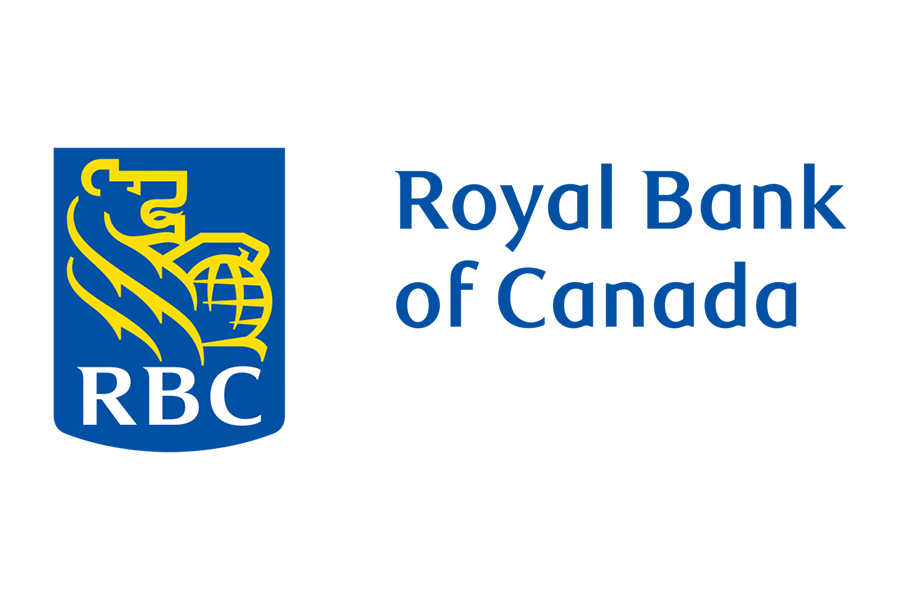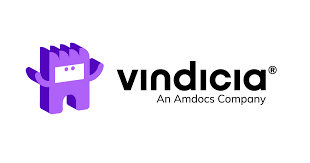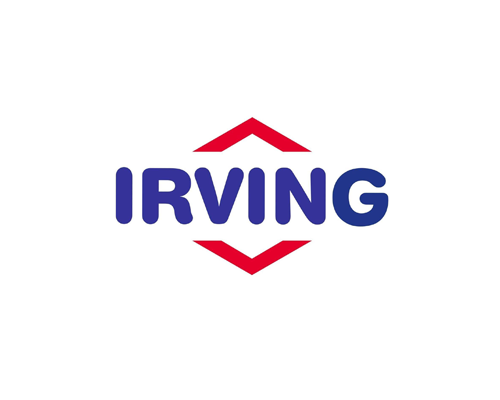Excessive Content
In one instance, there were 8000+ pages of content for a single product release.
A case study in content transformation
Overwhelmed by outdated documentation, a tech company turned to Innovatia to streamline its content.

A large enterprise organization that supplies unified communications solutions to enterprise MSME partners struggled with its product documentation, which was found outdated and largely unusable by its partners.
Partners were finding it very difficult to search and navigate through detailed documentation. The problem was further compounded by outdated support materials.
As the client tried to solve the problem with more tools, more documentation was created, flooding systems with too much redundant, outdated, and trivial content (ROT) that resulted in partner not only frustrated with the support features, but with the solution itself.
What should have been an asset to the company had turned into a liability.
In one instance, there were 8000+ pages of content for a single product release.
Technical Writing teams worked in silos, creating similar content multiple times across multiple documents.
A considerable volume of outdated legacy content made search and navigation difficult.
Content was created in multiple formats and published in multiple formats.
Over many releases, the client tried to fix the problems by using various tools but was unsuccessful. By adding more content, the problem only worsened.
The huge volume and haphazard structure of content made it difficult for users to find relevant content on various platforms.
To address challenges, we prioritized improvements by examining the user's experience. The partners were the users in this case.
From this perspective, we created personas and content models to inform content restructuring.
We reimagined content structure and emphasized key tasks to optimize delivery. Recycling and repurposing existing content reduced repetition and eliminated redundant, outdated, and trivial (ROT) content; we improved findability and accessibility in the process.
We then applied tools to integrate the efforts of multiple product teams, improving and enhancing the user experience.
“I definitely like the new format of the documentation. It is really simple and clean. I think customers are familiar enough with products now to not need a detailed description of every single step. It doesn't make sense to repeat all of that in the documentation. Highly appreciated!”
Within 18 months of implementing our content transformation strategy, the results exceeded our client's expectations. By taking a 'people-first' approach with a lean, task-based content structure, product documentation became clearer and more concise, improving the user experience. Ultimately, this meant they could get more value out of the product itself.








